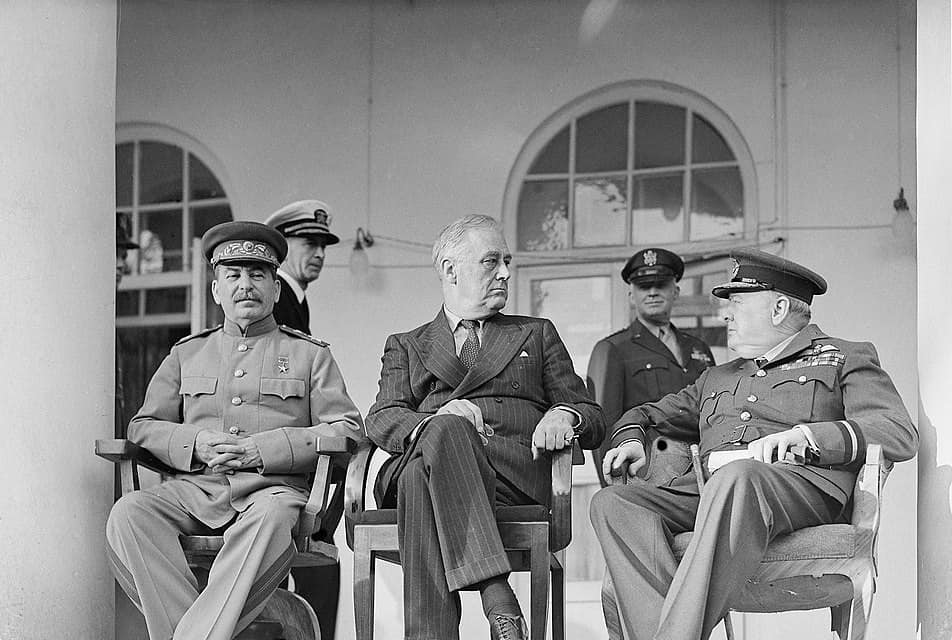Katherine Briggs began developing her theories regarding personality types in the early 20th century. After the publication in English of the work in the area by Carl Jung, Briggs noted similarities in his research and expanded her own. In the late 1920s her daughter, Isabel Briggs Myers, joined her in her work, and eventually took over the project. Their program of identifying distinct personality types emerged publicly during the Second World War. In 1944 they published the Briggs Myers Type Indicator Handbook. In 1956 it changed to Myers-Briggs Type Indicator (MBTI) and in 1962 the first MBTI self-testing manual appeared. They purported to have identified 16 individual personality types, and the means of individuals identifying which they possessed through self-assessment. The MBTI is based on how people arrive at decisions, as well as their perception of others and themselves.

Because of questions over the MBTI regarding its reliability, as well as its disregard of some psychological factors, it has not been widely accepted by psychological researchers. Some have attacked it as pseudoscience. But the general public has been enthralled with it from time to time. The ability to self-test for one’s type exploded with the internet, and multiple sites exist for self-analysis and entertainment. Among them are sites which purport to assign famous people MBTI types, which this site now joins. Bearing in mind the MBTI is based on self-assessment, in which none of these personages have participated, here are the personality types of some of history’s most famous. But first, a basic description of the types and how they are measured.

1. Much of the MBTI has its basis in the theories of Carl Jung
The Swiss theorist and researcher Carl Jung, himself a former student of Sigmund Freud, proposes two pairs of cognitive functions. The pairs are rational and irrational or judging and perceiving. Judging is based on feeling and thinking while perceiving arrives from a sensation or intuition. In Jungian thought, each of these four functions is expressed in either an introverted or extraverted form. Both terms refer to gratification. Extraverts receive gratification primarily from external sources while introverts are more concerned with themselves than the reaction of others. Jung used his theory to identify 32 personality types. Myers-Briggs reduces the number of types to 16, based on a combination of four opposite pairs of traits, called dichotomies. Each is identified by a combination of four letters; the letters symbolize traits dominant in the personality.
For example, the type INFP defines a personality dominated by the traits of; Introversion (I); Intuition (N); Feeling (F); and Perception (P). All sixteen types share the same letter designations. Each type also has a group name, such as Supervisor, Provider, or Teacher. The names differ from site to site. The designations are based on Jung’s concept that people use four cognitive functions, and personality derives from the respective dominance of the functions. Since their first appearance, subsequent researchers have split the sixteen types into four groups. Still, others have questioned their validity at all. And others have applied them to individuals who have never performed the self-assessment test upon which the types are based. That’s what we’ll do here, on individuals no longer around, and thus unable to defend themselves. All in fun, of course.

